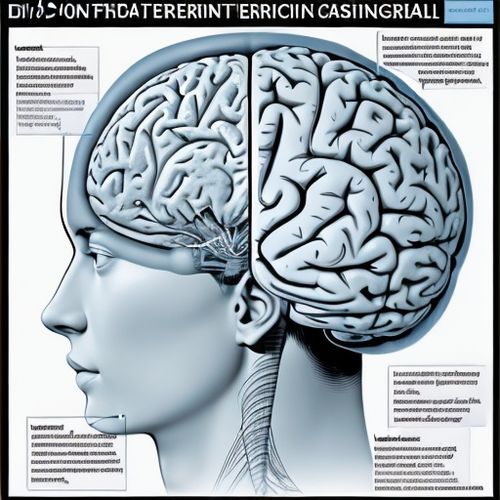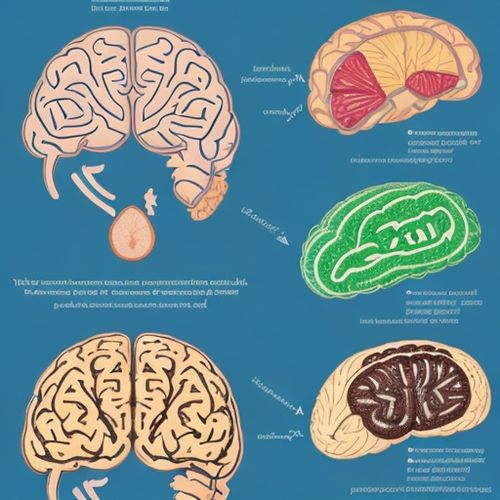In recent years, economists have increasingly attempted to quantify the intangible benefits of various aspects of life, from friendships to the joy of owning a pet. A study from the University of Kent in the UK has sparked a lively debate by suggesting that the happiness derived from owning a dog or a cat is equivalent to an annual salary increase of £70,000. While this figure may seem staggering, it raises important questions about the limitations of applying economic principles to aspects of life that are fundamentally priceless.
The Economic Approach to Measuring Happiness
The study, which analyzed data from 2,500 British households, used a method known as the "life satisfaction approach" to assign a monetary value to the emotional benefits of pet ownership. This method, commonly used to evaluate the value of intangible assets such as clean air or green spaces, attempts to convert non-monetary benefits into a hypothetical income. The researchers concluded that owning a pet increases life satisfaction by 3 to 4 points on a scale from 1 (very dissatisfied) to 7 (very satisfied), a benefit comparable to that of marriage or an annual salary increase of £70,000.
The Psychological and Physical Benefits of Pet Ownership
The study's findings align with existing research highlighting the numerous psychological and physical benefits of owning a pet. For instance, pet owners often report lower levels of stress, depression, and anxiety. Studies have shown that interacting with pets can reduce heart rate and blood pressure, particularly in stressful situations. Additionally, pet owners, especially dog owners, tend to be more physically active, which contributes to better overall health.
During the COVID-19 pandemic, research published in the journal *PLOS ONE* found that individuals who owned dogs reported higher levels of emotional support and lower rates of depression compared to those without pets. This suggests that pets can provide a form of emotional sustenance that is difficult to replicate through other means.
The Limitations of "Price Tag Economics"
While the study's conclusions are intriguing, they also highlight the limitations of applying economic principles to aspects of life that are inherently priceless. The joy and companionship that pets provide cannot be easily quantified in monetary terms. Pets offer unconditional love, companionship, and a sense of purpose that are difficult to replicate through financial means.
Moreover, the comparison between pet ownership and marriage, both valued at £70,000 in terms of life satisfaction, oversimplifies the complex nature of human relationships. Marriages and partnerships involve a depth of emotional connection, mutual support, and shared experiences that extend beyond the scope of what a pet can provide. While pets can be incredibly supportive, they cannot replace the nuanced emotional and social dynamics of human relationships.
The Importance of Emotional Connections
The study's findings underscore the importance of emotional connections in enhancing life satisfaction. Whether through pets, partners, or friendships, these connections provide a sense of belonging and support that is crucial for mental and emotional well-being. However, reducing these relationships to a monetary value diminishes their significance and overlooks the unique contributions each type of relationship makes to our lives.
Pets, for instance, offer a form of companionship that is often simpler and less complicated than human relationships. They do not require the same level of emotional labor or negotiation, making their presence particularly comforting for many people. On the other hand, human relationships, while more complex, offer a depth of emotional connection and mutual understanding that pets cannot provide.
Policy Implications and Future Directions
The study's conclusions suggest that policymakers should consider the broader benefits of pet ownership when designing public health and social policies. For instance, measures to facilitate pet ownership, such as providing pet-friendly housing options or offering tax incentives for pet adoption, could contribute to overall societal well-being. Additionally, incorporating animal-assisted therapy programs in schools, hospitals, and nursing homes could help address mental health challenges and improve quality of life.
The University of Kent study's assertion that the joy of owning a pet is equivalent to an annual salary increase of £70,000 highlights the significant emotional benefits of pet ownership. However, it also serves as a reminder of the limitations of attempting to apply economic principles to aspects of life that are fundamentally priceless. While pets undoubtedly enhance our lives in numerous ways, their value extends beyond what can be captured in monetary terms. Ultimately, the true richness of life lies in the depth and variety of our emotional connections, whether with pets, partners, or friends. These connections provide a sense of belonging, support, and happiness that cannot be quantified or replaced by financial means.

By Lily Simpson/Apr 23, 2025

By Lily Simpson/Apr 23, 2025

By George Bailey/Apr 23, 2025

By Ryan Martin/Apr 23, 2025

By David Anderson/Apr 23, 2025

By Victoria Gonzalez/Apr 23, 2025

By Benjamin Evans/Apr 23, 2025

By Christopher Harris/Apr 23, 2025

By Olivia Reed/Apr 23, 2025

By Emma Thompson/Apr 23, 2025

By John Smith/Apr 23, 2025

By Emily Johnson/Apr 22, 2025

By Samuel Cooper/Apr 22, 2025

By Olivia Reed/Apr 22, 2025

By Sophia Lewis/Apr 22, 2025